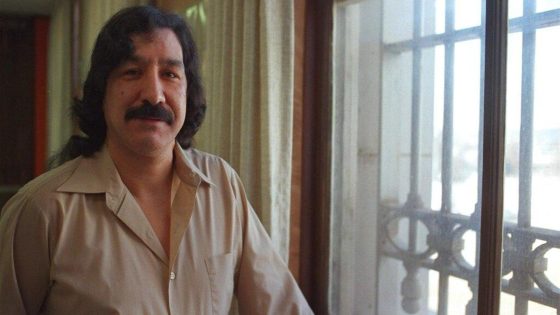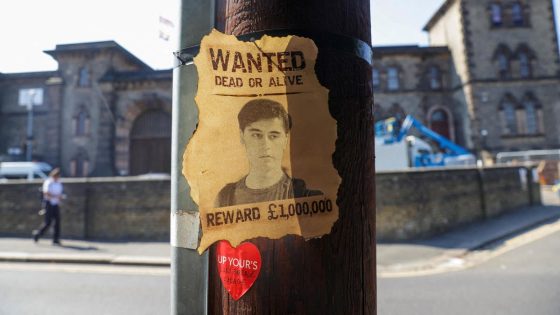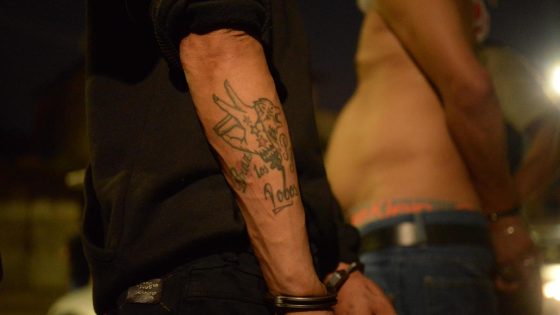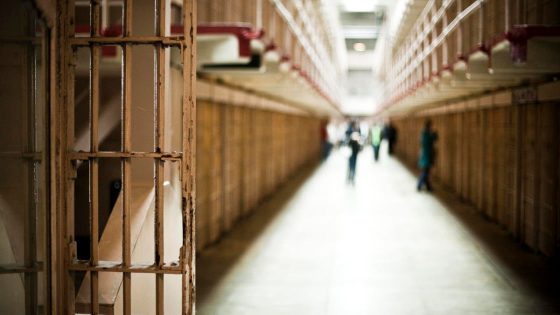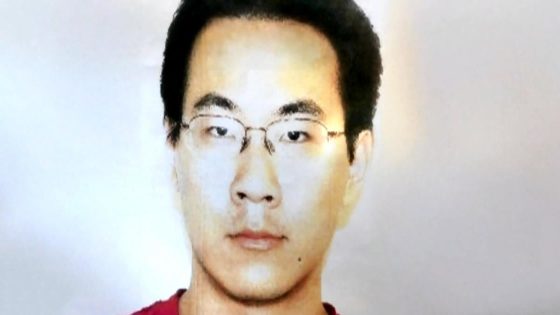Indigenous activist Leonard Peltier was released from a federal prison on January 20, 2025, a moment filled with emotion and significance that rippled through his community and beyond. Peltier’s commute, ordered by President Joe Biden, marked the end of a nearly 50-year incarceration, a length of time that not only served as a personal saga of struggle and resilience but also encapsulated broader themes of racial injustice within the American legal system.
- Biden commutes Leonard Peltier's sentence.
- Peltier symbolizes injustice for Native Americans.
- Controversial release sparks mixed reactions.
- Supporters celebrate Peltier’s homecoming plans.
- Peltier's trial raised serious fairness concerns.
- Indigenous rights movements continue to rally.
Peltier, now 80 and in frail health, was greeted by a crowd of supporters outside the Coleman federal prison in Florida, where he’d been confined. As he walked free, the faces of family members beamed with joy, and the atmosphere buzzed with decades of collective hope and advocacy. “We’re so excited for this moment,” said his attorney Jenipher Jones, her voice filled with both relief and pride. “He is in good spirits. He has the soul of a warrior.”
Peltier’s release ignited a flurry of emotions among his supporters, who have long claimed his conviction was a result of systemic bias against Native Americans. His imprisonment became a symbol of the struggles faced by Indigenous peoples throughout the United States. Nick Estes, a professor of American Indian Studies at the University of Minnesota and a member of the Lower Brule Sioux Tribe, expressed the sentiments shared by many: “He represents every person who’s been roughed up by a cop, profiled, had their children harassed at school.”
The history that led to Peltier’s conviction in 1977 was steeped in violence and controversy. Peltier was sentenced to two consecutive life terms for the deaths of two FBI agents, Jack Coler and Ronald Williams, during a violent confrontation on the Pine Ridge Indian Reservation in South Dakota. The events of that day, June 26, 1975, remain a matter of intense debate, highlighted by claims of self-defense from Peltier, who admitted to firing shots but denied killing the agents. Moreover, key testimony against him has since been discredited, with the witness later recanting her statement, claiming it was coerced.
The case against Peltier has faced scrutiny not only due to questionable judicial processes but also because of the tumultuous context of the American Indian Movement, with which he was heavily involved. The 1960s and 70s saw a surge in Native American activism surrounding treaty rights and the sovereignty of Indigenous tribes. The activism often met with fierce opposition from law enforcement, and Peltier’s narrative became deeply entwined in this ongoing struggle.
Former FBI Director Christopher Wray criticized the commutation, calling Peltier a “remorseless killer,” and argued against leniency. “Granting Peltier any relief from his conviction or sentence is wholly unjustified and would be an affront to the rule of law,” he stated, reflecting the sentiment of many law enforcement officials who assert his guilt.
In contrast, human rights advocates have rallied around Peltier’s plight for decades, branding him a political prisoner. Organizations such as Amnesty International regarded his trial as deeply flawed, emphasizing the ongoing human rights concerns that surrounded it.
Peltier’s recent commutation raises intriguing questions about justice and reconciliation, particularly as it comes amidst a larger societal reckoning related to Indigenous rights and historical injustices. His release was seen as a crucial step toward healing, both personally for Peltier and communally for Native American groups who have long sought acknowledgment of the systemic injustices they face.
As Peltier returns to North Dakota, where a celebration awaits him, his story shifts from one of captivity to one of liberation. After spending decades behind bars, he steps into a world he has long wished to rejoin—a world filled with family, friends, and freedom.
Looking ahead, while many hope this marks the beginning of a new chapter for Leonard Peltier, others will likely continue to scrutinize the foundations of his trial and the implications of his commutation. The journey of justice for Native Americans remains a work in progress, symbolized by the enduring legacy of Peltier’s case, which resonates profoundly with the fight for equality and human rights in America. As more stories unfold in the wake of his release, the overarching narrative of reconciliation between Indigenous peoples and the U.S. government continues to evolve.



